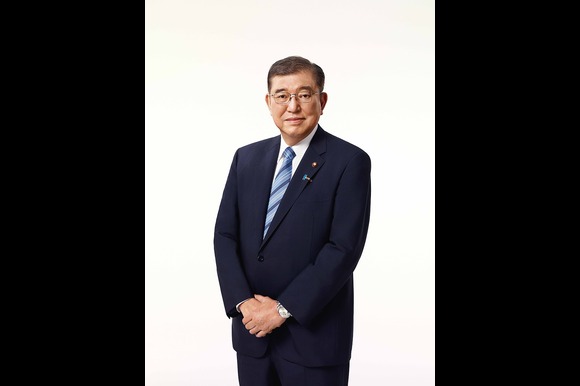Japan’s Prime Minister Shigeru Ishiba has declared he has no intention of resigning, even as projections indicate his ruling coalition is poised to lose its majority in the country’s upper house following Sunday’s high-stakes election.
The closely fought vote comes amid widespread public frustration with the ruling Liberal Democratic Party (LDP) and its junior partner Komeito, driven by surging prices and fears over potential U.S. tariffs.
In a statement issued after polling stations closed on Sunday, Ishiba acknowledged the projected losses, saying he “solemnly accepts the harsh result,” but emphasized his administration’s ongoing focus on trade talks.
The ruling coalition had already lost its majority in the more powerful lower house last year, and another defeat would significantly undermine its governing capacity. The coalition requires at least 50 seats to maintain control of the 248-seat upper chamber. However, an exit poll conducted by national broadcaster NHK forecast a result of between 32 and 51 seats, suggesting that holding onto a majority would be challenging.
NHK’s analysis noted it “may be difficult for the ruling coalition to maintain their majority,” underlining the fragility of the government’s position.
Sunday’s election filled half the seats in the upper house, with elected members serving six-year terms. Should the coalition win fewer than 46 seats, it would mark its worst performance since its formation in 1999.
Jeffrey Hall, a lecturer in Japanese Studies at Kanda University of International Studies, told the BBC that support for the ruling party had been sapped by a shift toward more right-wing alternatives.
“Prime Minister Ishiba is seen by many conservatives as not nationalistic enough compared to former Prime Minister Shinzo Abe,” Hall said. “He lacks the hardline stance on historical issues and China that Abe championed.”
Abe, Japan’s longest-serving prime minister, led the LDP twice—from 2006 to 2007, and from 2012 to 2020—and was known for his nationalist views.
Much of the conservative vote appears to have been redirected to the Sanseito party, which has gained traction with its provocative rhetoric and controversial policy proposals. Hall noted that Sanseito is now voicing views in the upper house “that haven’t been said in public before,” citing the party’s inclination toward conspiracy theories, anti-foreign sentiment, and historical revisionism.
The LDP, a center-right party, has dominated Japanese politics nearly uninterrupted since 1955, albeit with a revolving door of leaders. Yet this latest projected defeat highlights deepening voter dissatisfaction with Ishiba’s leadership, especially as Japan faces economic headwinds, a cost-of-living crisis, and fraught trade negotiations with Washington.
The electorate is especially concerned about inflation, including the rising cost of rice, as well as a string of scandals that have plagued the LDP in recent years.
Historically, the consequences of an upper house loss have been swift: the past three LDP prime ministers who lost the chamber’s majority stepped down within two months. Many analysts have speculated that a similar outcome could await Ishiba, potentially paving the way for new leadership.
Among the likely contenders are Sanae Takaichi, who finished second to Ishiba in last year’s LDP leadership race; Takayuki Kobayashi, a former economic security minister; and Shinjiro Koizumi, son of former Prime Minister Junichiro Koizumi.
Any change at the top could set off political turbulence and shake up Japan’s government at a sensitive time, particularly in the midst of ongoing U.S.-Japan trade discussions.
The Sanseito party’s surge also reflects a broader trend: its right-wing, nationalist “Japanese First” and anti-immigration rhetoric appears to have resonated with segments of the population. The party first gained visibility on YouTube during the COVID-19 pandemic by promoting anti-vaccine conspiracy theories and claims of global elite manipulation.
As foreign residents and tourists flood into Japan in record numbers, immigration and national identity have become hot-button issues in the election. Rising housing costs and the perception that foreigners are benefiting at the expense of locals have stirred resentment in some quarters.
In response to these concerns, Ishiba last week launched a task force aimed at addressing “crimes or nuisance behaviours committed by some foreign nationals,” including issues related to immigration, real estate purchases, and unpaid social insurance.
Japan’s traditionally isolationist stance and strict immigration policies are being tested by the recent demographic and economic shifts, adding to the pressure on Ishiba’s already embattled leadership.






